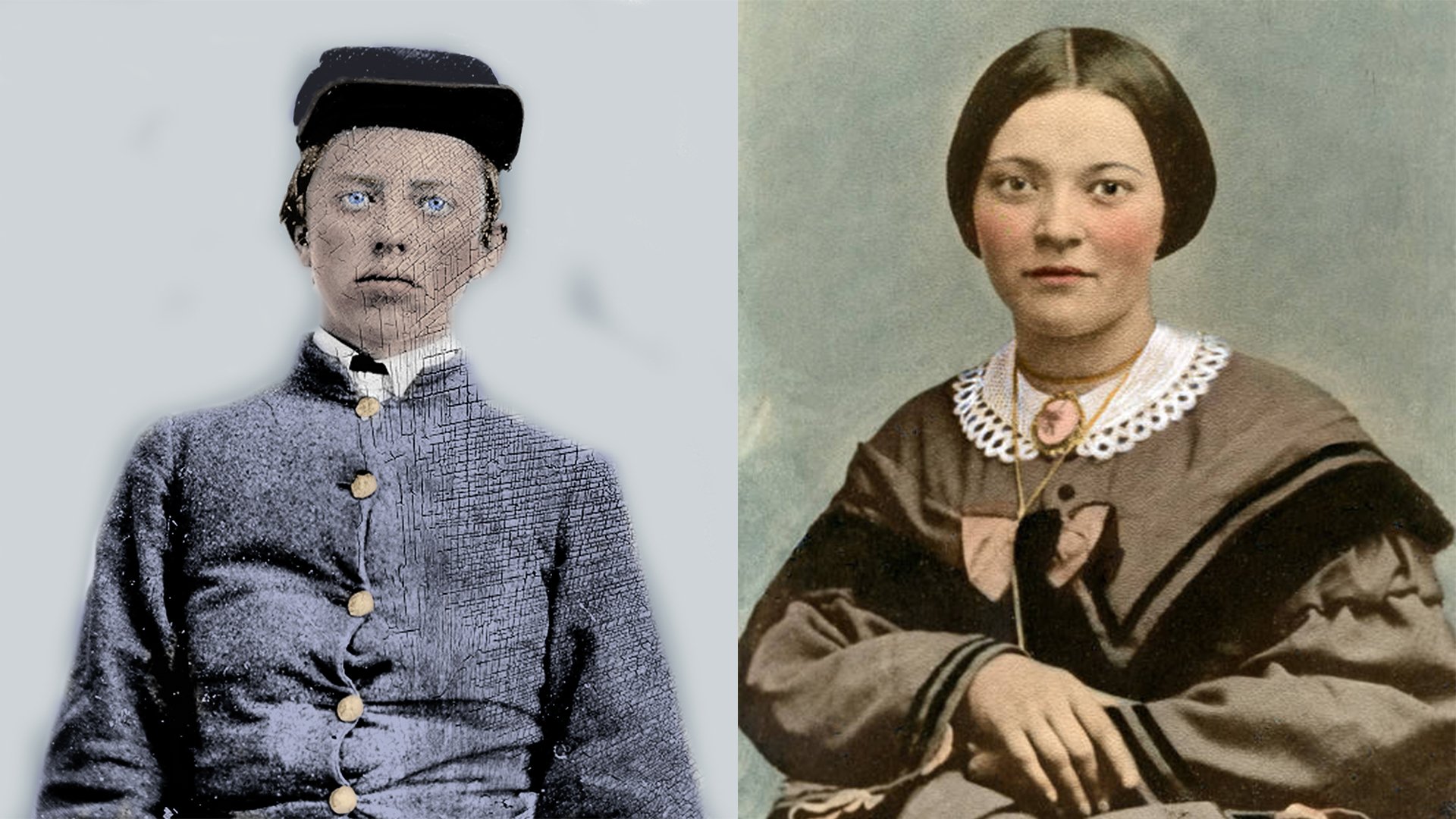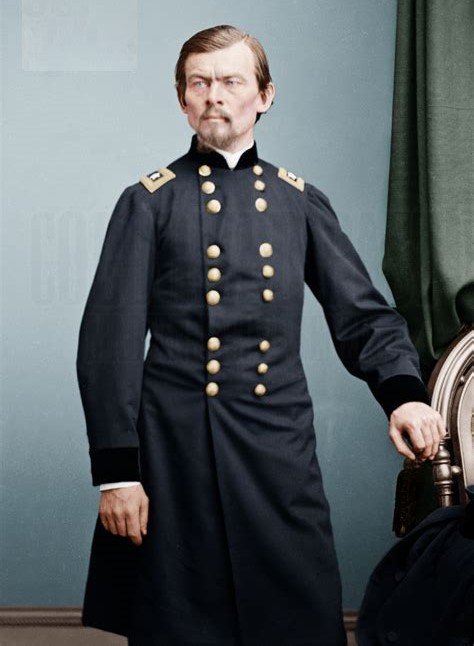
People
Learn about the Civil War in the Valley from the stories of the men, women, soldiers, and civilians that lived through it
Franz Sigel
General (USA)
November 18, 1824 — August 21, 1902
Union General serving under Grant, who initiated the 1864 Valley campaign and was defeated at the Battle of New Market, May 15, 1864.
Born in Germany in 1824, Franz Sigel emigrated to the United States in 1852. Sigel served in the New York state militia and taught in the New York City public schools. After marrying, Sigel moved to Missouri to teach. He became distinctly influential with the immigrant community in Missouri, attracting Germans to the Union and anti-slavery causes which Sigel openly supported.
Sigel was commissioned colonel of the 3rd Missouri Infantry shortly after the war began, and promoted to brigadier general by August of 1861. He was one of a number of early political generals endorsed by President Lincoln as he was well-known for his ability to recruit and motivate German immigrants to the Union cause. Many of these soldiers could speak little English beyond “I’m going to fight mit Sigel”. Sigel was promoted to major general on March 21, 1862. He served as a division commander in the Shenandoah Valley and fought unsuccessfully against Maj. Gen. Thomas J. “Stonewall” Jackson, who defeated the larger Union force in a number of small engagements.
In the Spring of 1864, General Ulysses S. Grant sent Sigel’s forces to secure the strategically important and agriculturally significant Shenandoah Valley, and threaten General Robert E. Lee’s flank, thus by initiating the 1864 Valley Campaign. Sigel and his force of roughly 10,000 entered the valley but the Union army was intercepted by the Confederate forces of Maj. Gen. John C. Breckenridge in the town of New Market. Defeated at the rain-soaked Battle of New Market, on May 15, 1864, Sigel staged a rapid retreat northward to Strasburg,
In July, he fought Lt. Gen. Jubal A. Early at Harpers Ferry, but soon afterward was relieved of his command and replaced by Maj. Gen. David Hunter. Sigel spent the rest of the war without an active command.

